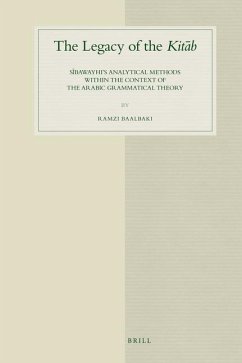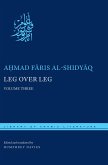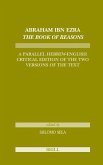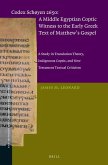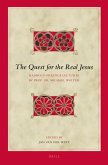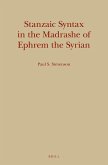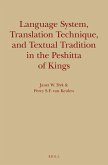This book is a comprehensive study of the KitAb of SAbawayhi (d. 180/796), undoubtedly the most authoritative work in the long history of Arabic grammar. It carefully examines the methodological concepts and methods that underline SAbawayhia (TM)s analysis of Arabic and the way in which these methods evolved at the hands of later grammarians. Placing the KitAb within the context of early Arabic philological activity, this book analyzes a wide range of its passages and demonstrates the coherency of its authora (TM)s system of grammatical analysis and the interrelatedness of his analytical tools and notions. In particular, SAbawayhia (TM)s huge influence on the overall Arabic grammatical tradition is highlighted throughout the book. This notwithstanding, it is argued that most later grammarians largely neglect the semantic dimension which vividly features in SAbawayhia (TM)s approach to language as a social behavior and his reconstruction of the internal thinking of the speaker and the listener.

